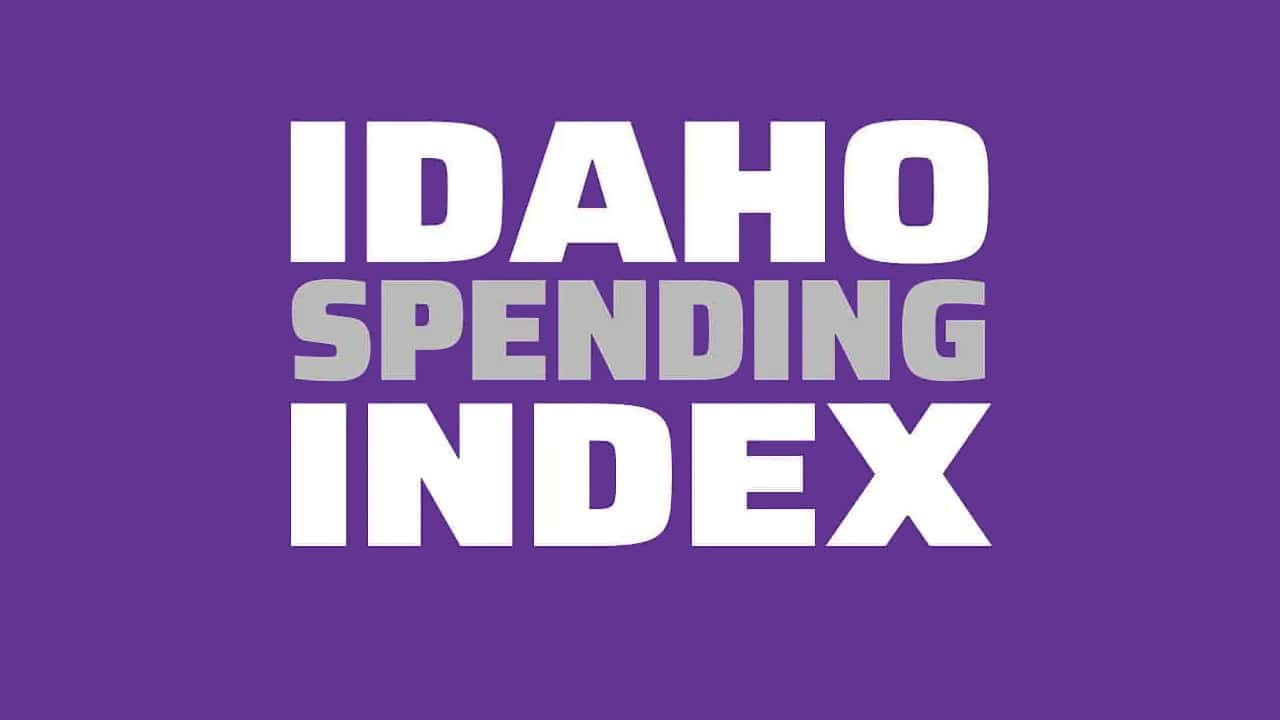


The Idaho Spending Index serves to provide a fiscally conservative perspective on state budgeting while providing an unbiased measurement of how Idaho lawmakers apply these values to their voting behavior on appropriations bills. Each bill is analyzed within the context of the metrics below. They receive one (+1) point for each metric that is satisfied by freedom-focused policymaking and lose one (-1) point for each instance in which the inverse is true. The sum of these points composes the score for the bill.
Rating: (-2)
Bill Description: House Bill 449 is an enhancement of $2,200,200 for the Public Schools, Central Services for fiscal year 2026. This legislation appropriates a total of $16,437,600 to the agency.
Does this budget incur any wasteful spending among discretionary funds, including new line items? Conversely, does this budget contain any provisions that serve to reduce spending where possible (i.e. base reductions, debt reconciliation, etc.)?
This legislation includes $2.2 million to support student transportation route software. This line item would provide GPS tracking and route planning services free of charge to school districts. The Department of Education reports this is needed to minimize the chances for error during manual data entry of this information. This is a wasteful expenditure, however, as it is based on wants rather than needs. Many school districts have operated well without bus tracking applications and route planning software.
(-1)
Is the continuation or growth in ongoing spending, if any, inappropriate for the changes in circumstances, scope of the agency, or current economic environment? Conversely, is the continuation or growth in ongoing spending appropriate given any change in circumstances or economic pressures?
This legislation funds ongoing spending for the Public Schools, Central Services at over $14 million, growing from the base by over 20% in the last three years. This rate is greater than what would be prescribed by inflationary pressures and growth.
Because of the accelerated growth in this budget the last three years, a truly fiscally responsible enhancement budget for FY2026 would reverse the growth with a negative appropriation — a reduction to the base budget.
(-1)


